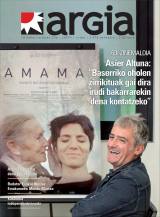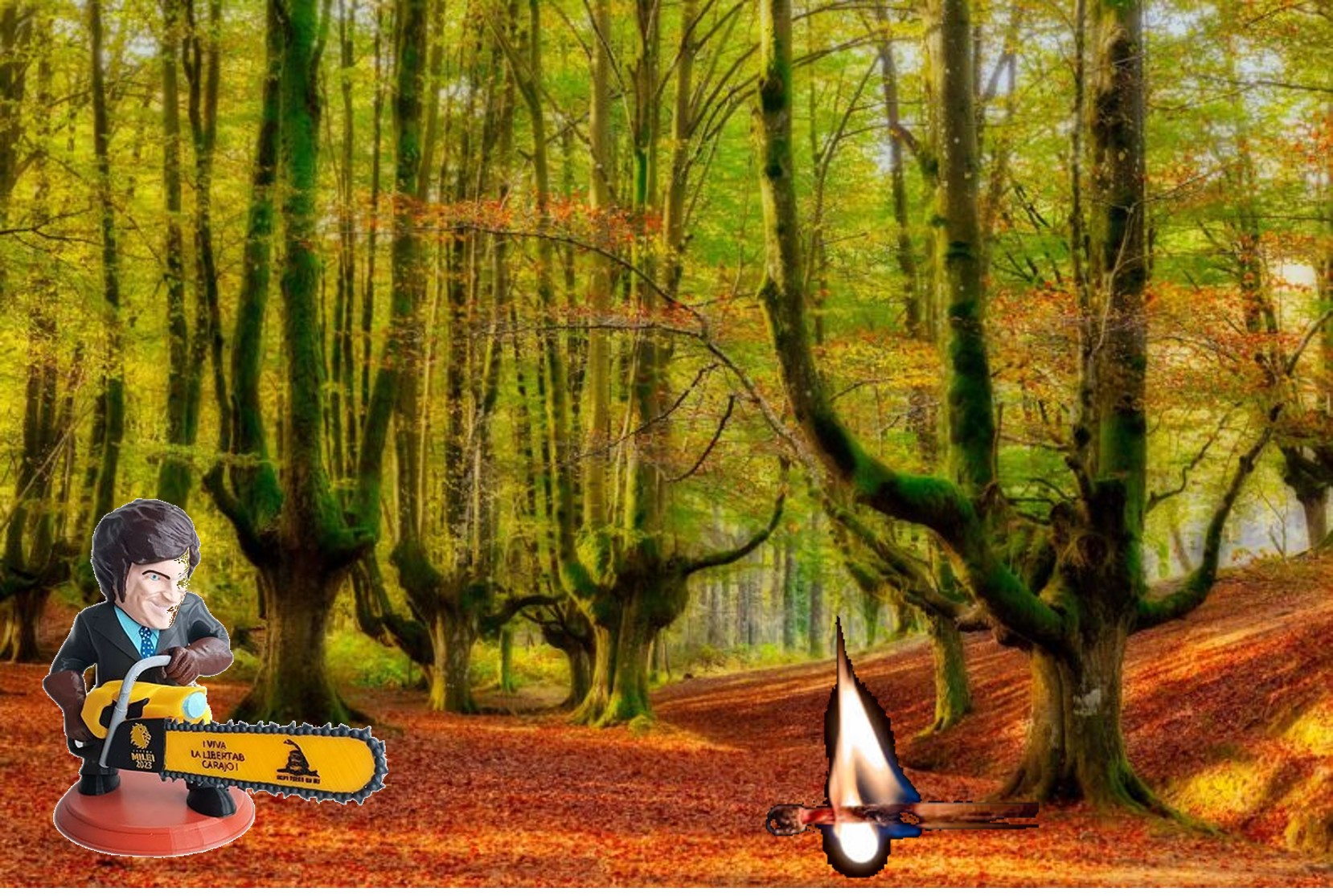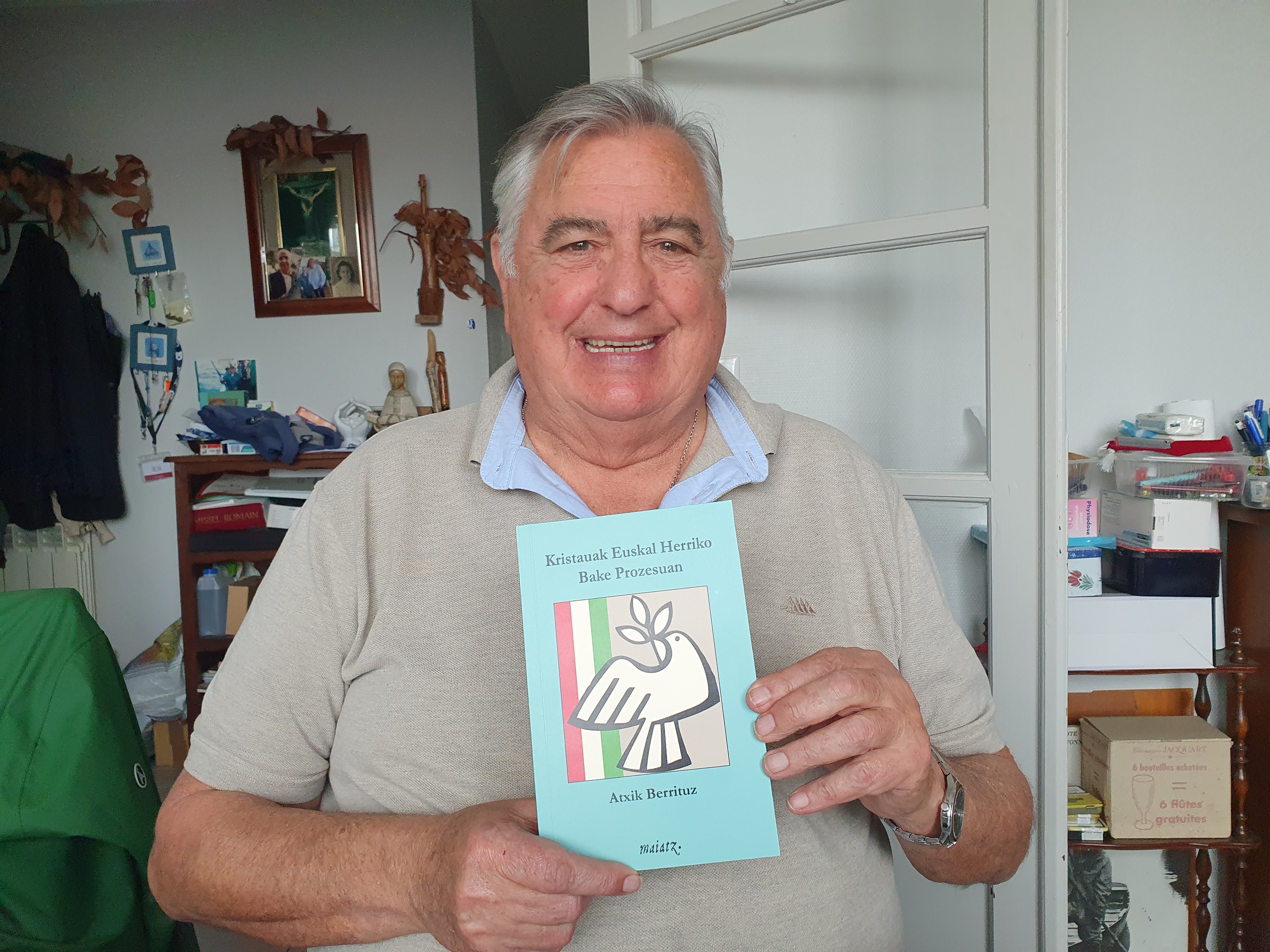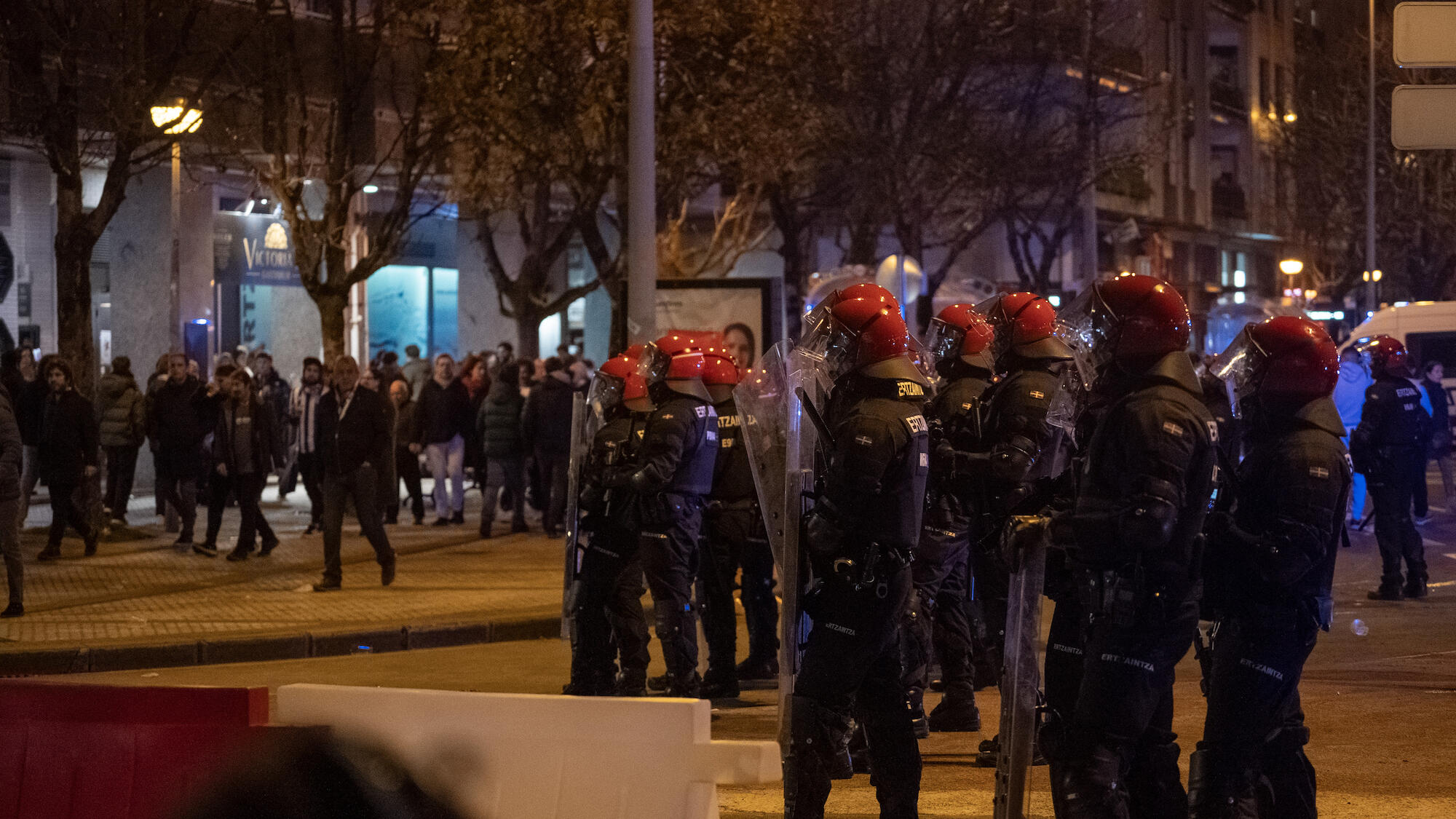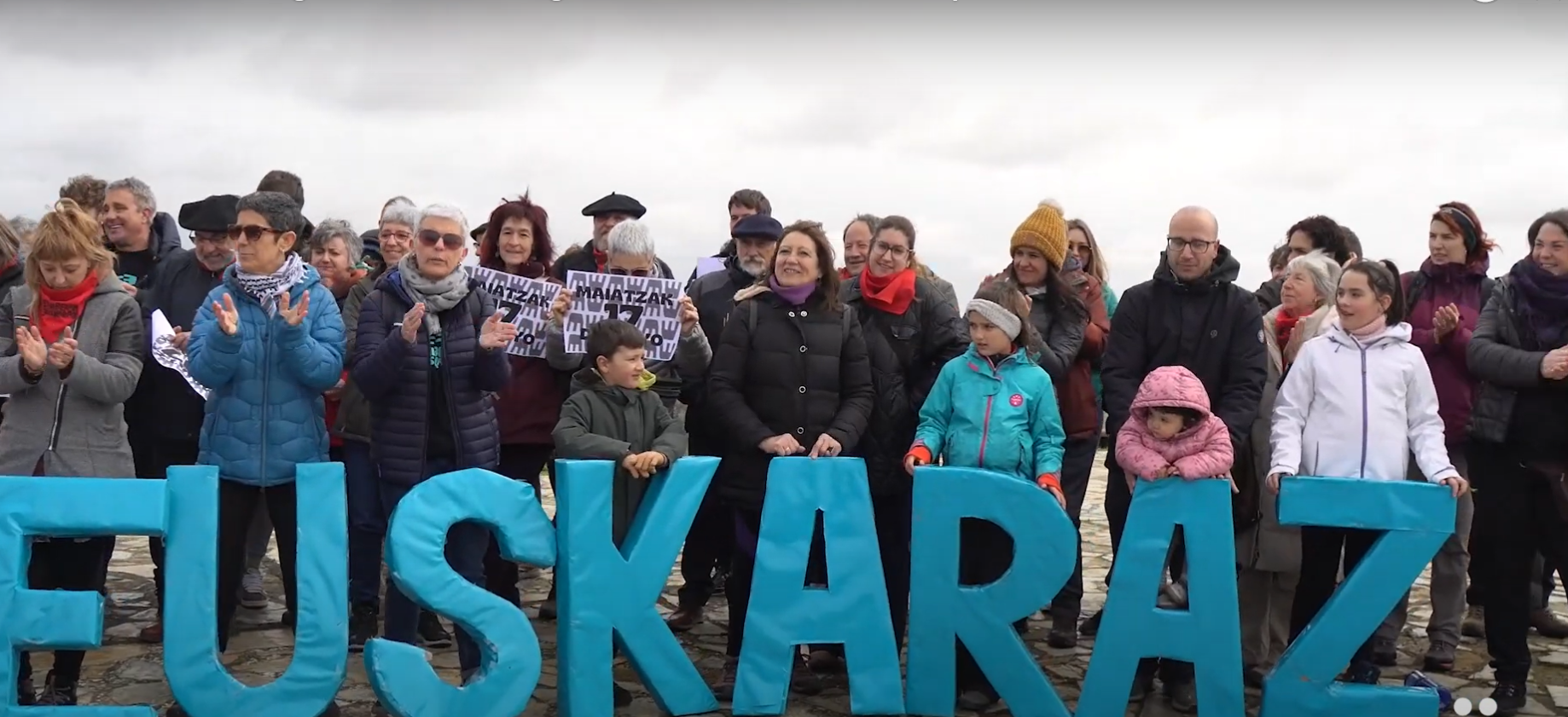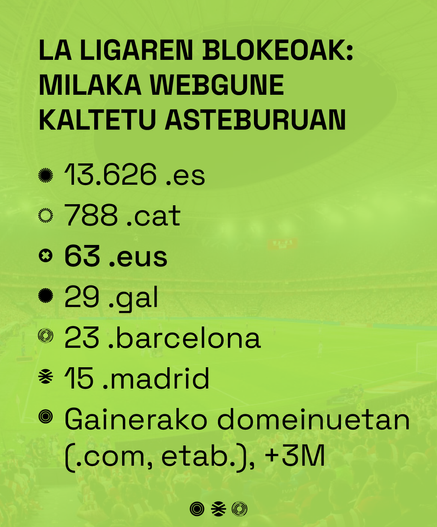18 months
The two seats will be very well counted on 27 September in Catalonia, Madrid and the whole world. Both are key. One more aspect of the election campaign is the debate on the thermometer that will measure the winner. If in the 27th Catalan independence earned 50 + 1% of the votes, it would take a very important step towards independence. But it's a very difficult goal, it doesn't appear in any survey or study. Six years ago, however, did it appear somewhere that independence obtained an absolute majority in Parliament and that it could win a symbolic plebiscite?
The strength of the Diada has again brought more than one sorpresa.El pure unionism is tight, but after that there is the candidacy of the concerned Catalunya Yes it is Pot (CSQEP), because the influence of the Diada is also noticeable in the polls and many federalists in its area continue to look at Junts pel Yes or the Cup, without deciding where to deposit their vote.
At the moment, the electoral result is 25-30% of Catalan society, which is considered above all federalist. Some are from the PSC, others from the orbit of ICV and Podemos, but 4-5% of these federalists would fall into the hands of independence and independence would lead to a great victory. In votes and seats.
If a little more or less is achieved, independence will achieve an absolute majority in Parliament, that seems to be guaranteed. And that sets in motion the unilateral process of independence: in the first ten months a new Constitution of the Catalan Republic will be drafted in Parliament and, within a maximum period of 18 months, the government will be dissolved and the Constitution will be submitted to a referendum. That is the roadmap, but it is clear that the number of votes can delay the journey.
And SPAIN? This is the second important question that we all have in our heads. The campaign is being carried out in Madrid with fear, this time raising a layer of threats, increasing the separatist reform of the Constitutional Court and the threats of the Spanish Army. But if only the way of grief is used, this will only fuel Catalan independence: in the great political tension between two legitimities, because the will of the citizens has more democratic strength and legitimacy than the law of grief.
Spain has many paths to go along the path of grief, even before the entry into force of the famous Article 155. But in Madrid, both the pp and the PSOE know that only with that is there a party. Without deep federalism, it is perceived everywhere that the future is dark. The problem is that there are still possibilities to do so, both in Spain and in Catalonia. The best thermometers to know will be the results of the two elections: 27 and Spanish Generals at the end of the year. If those in the 27 are very good at independence, the negotiated referendum will already be the last opportunity for Spain to channel the problem through democratic channels. From there no one knows what is going to happen, but the ANC is announcing the passage of great demonstrations and the beginning of an era of disobedience. And if in Spain pp and Ciutadans clearly win, the announced reform of the Constitution is likely to remain nothing. If you win the PSOE and Podemos, who knows, but the chances of that reform going deeper are greater. Nobody knows, but all the actors will have to be attentive, because it is perceived that in the Spanish State there is a moment of change in society.
Taking Catalan as a stimulus is good, but each one has its rhythm and its reality. There is a large majority of Basque society that defends the right to decide, but, unlike Catalonia, putting a lot of strength in it is not so important for this group, and it also does not know how to approach it as a political project. But at this juncture, nationalism has a historic opportunity in the short and medium term: to take the right to decide from its scope and to integrate it into non-nationalist areas as well. Fortunately, there are currently interesting areas to stimulate this work, both at the institutional level – especially in Navarre – and at the level of the Left and in the social struggle that is key to the dissemination of the right to decide. But the old scheme has not shaken.
You may not know who Donald Berwick is, or why I mention him in the title of the article. The same is true, it is evident, for most of those who are participating in the current Health Pact. They don’t know what Berwick’s Triple Objective is, much less the Quadruple... [+]
The article La motosierra puede ser tentadora, written in recent days by the lawyer Larraitz Ugarte, has played an important role in a wide sector. It puts on the table some common situations within the public administration, including inefficiency, lack of responsibility and... [+]
Is it important to use a language correctly? To what extent is it so necessary to master grammar or to have a broad vocabulary? I’ve always heard the importance of language, but after thinking about it, I came to a conclusion. Thinking often involves this; reaching some... [+]
The other day I went to a place I hadn’t visited in a long time and I liked it so much. While I was there, I felt at ease and thought: this is my favorite place. Amulet, amulet, amulet; the word turns and turns on the way home. Curiosity led me to look for it in Elhuyar and it... [+]
Adolescents and young people, throughout their academic career, will receive guidance on everything and the profession for studies that will help them more than once. They should be offered guidance, as they are often full of doubts whenever they need to make important... [+]
Atxik Berrituz giristino taldeak Kristauak Euskal Herriko bake prozesuan liburua argitaratu du Maiatz argitaletxearekin. Giristinoek euskal bake prozesuan zer nolako engaiamendua ukan duten irakur daiteke, lekukotasunen bidez.
Maiatzaren 17an Erriberako lehenengo Euskararen Eguna eginen da Arguedasen, sortu berri den eta eskualdeko hamaika elkarte eta eragile biltzen dituen Erriberan Euskaraz sareak antolatuta









